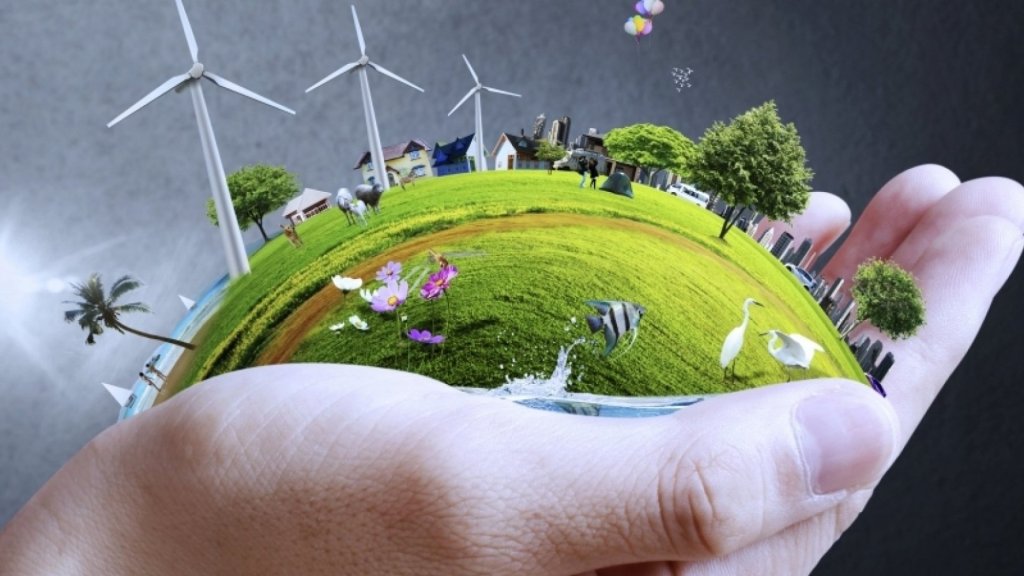Remember when going “green” seemed like a counterculture fad, something businesses stuck on their brochures as a side project? Being sustainable is now essential to forward-thinking companies; it is no longer merely a bonus.
Why the change in direction? The harsh realities of resource depletion, social inequality, and climate change are finally being recognized by the world. Customers are expecting more from brands than just platitudes. Companies that are future-proofed against social and environmental risks are what investors are looking for. In addition, governments are strengthening laws to safeguard the environment and its inhabitants.
Businesses need to see sustainability as their mission statement rather than just a catchphrase if they want to genuinely meet the challenge. This entails treating social responsibility, financial success, and environmental well-being as complementary ends of a single rope. By using a “triple bottom line” strategy, innovating with a purpose, empowering staff, and encouraging honest communication with stakeholders, they can accomplish this.

The triple bottom line theory broadens the scope of traditional business success metrics by incorporating an organization’s contributions to environmental health, social well-being, and a just economy. The three “P’s”—people, planet, and prosperity—are the terms used to describe these key areas. The triple bottom line is comprised of three categories, but it’s crucial to keep in mind that they are not independent from one another. From the systems theory perspective, all three of the “P’s” are related. Since systems thinking is the cornerstone of sustainability, any initiative that pertains to people, planet, or prosperity will also have an effect on the other three. Businesses that incorporate these practices into their operations can strengthen their customer base, become more resilient, and ensure a better future for the earth and themselves.
In an effort to have a positive financial, social, and environmental impact, a growing number of businesses are adopting sustainability metrics and the triple bottom line framework.
Consumer Goods Industry:
Unilever: Devoted to procuring sustainable materials, diminishing plastic waste, and fostering social accountability across their entire supply network.
Patagonia: Leaders in environmentally conscious outdoor clothing, employing recycled materials, supporting causes related to the environment, and providing programs for repair and reuse.
Tech Industry:
Microsoft: Encourages diversity and inclusion within the organization while concentrating on carbon neutrality, renewable energy, and ethical material sourcing.
Tesla: Pioneering the shift to electric vehicles, lowering dependency on fossil fuels, and advancing sustainable energy sources.
Retail Industry:
Marks & Spencer: Supporting ethical fashion practices, cutting down on food waste, and embracing sustainable sourcing.
IKEA: Devoted to utilizing renewable resources, providing products with low energy consumption, and advocating for the concepts of the circular economy.
The Body Shop: Championing ethical trade, sourcing natural ingredients, and supporting social causes like body positivity and animal welfare.
Power Industry:
Schneider Electric: Assists communities and businesses in lessening their environmental impact by developing energy-efficient solutions and smart grid technology.

These are but a handful of the numerous businesses that are pursuing sustainability and the triple bottom line. While there are still obstacles to overcome and the journey to be continued, these businesses are showing that they have the ability to be positive forces in the world.
Here are some of the examples of businesses that are sustainability and triple bottom line:
Food Industry:
Beyond Meat: Produces plant-based meat alternatives that are designed to taste and look like real meat. This helps to reduce the environmental impact of traditional meat production, which is a major contributor to greenhouse gas emissions.
Financial Industry:
Triodos Bank: A Dutch bank that only finances companies that have a positive social and environmental impact.
Natura: A Brazilian cosmetics company that is committed to sustainable practices, such as using recycled materials in its packaging and sourcing ingredients from the Amazon rainforest.
Energy Industry:
Ørsted: A Danish energy company that is leading the way in offshore wind power.
SunPower: An American solar energy company that is making solar power more affordable and accessible.
Transportation Industry:
Proterra: An American company that manufactures electric buses.
Tesla: As mentioned earlier, Tesla is a pioneer in the electric vehicle industry and is also working on sustainable energy solutions, such as solar power and battery storage.
Leave a comment